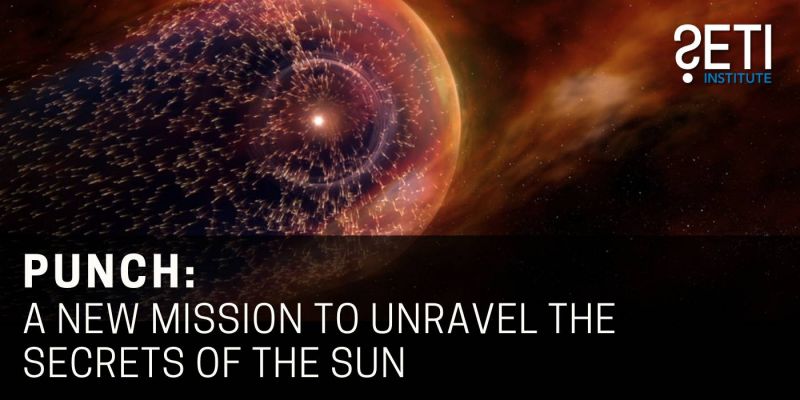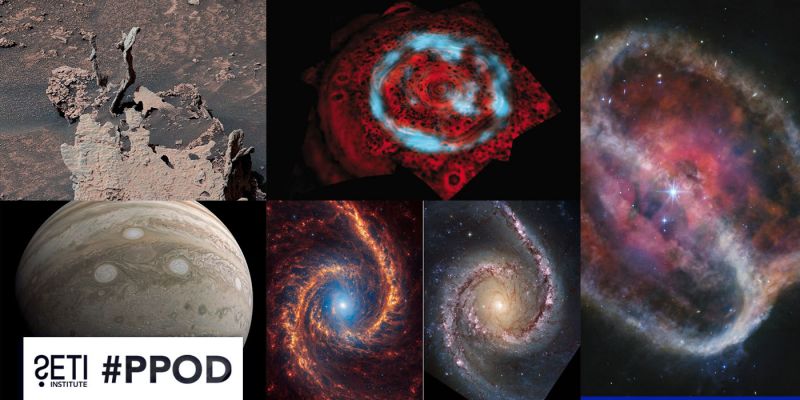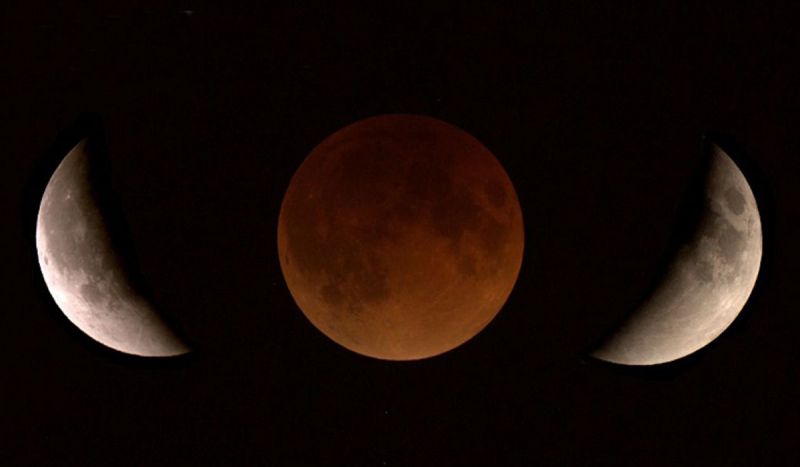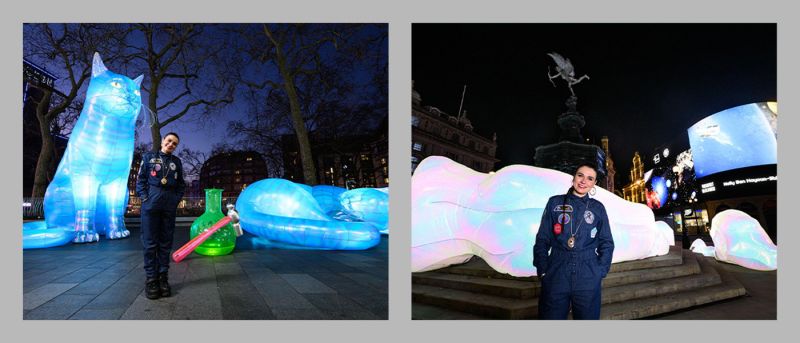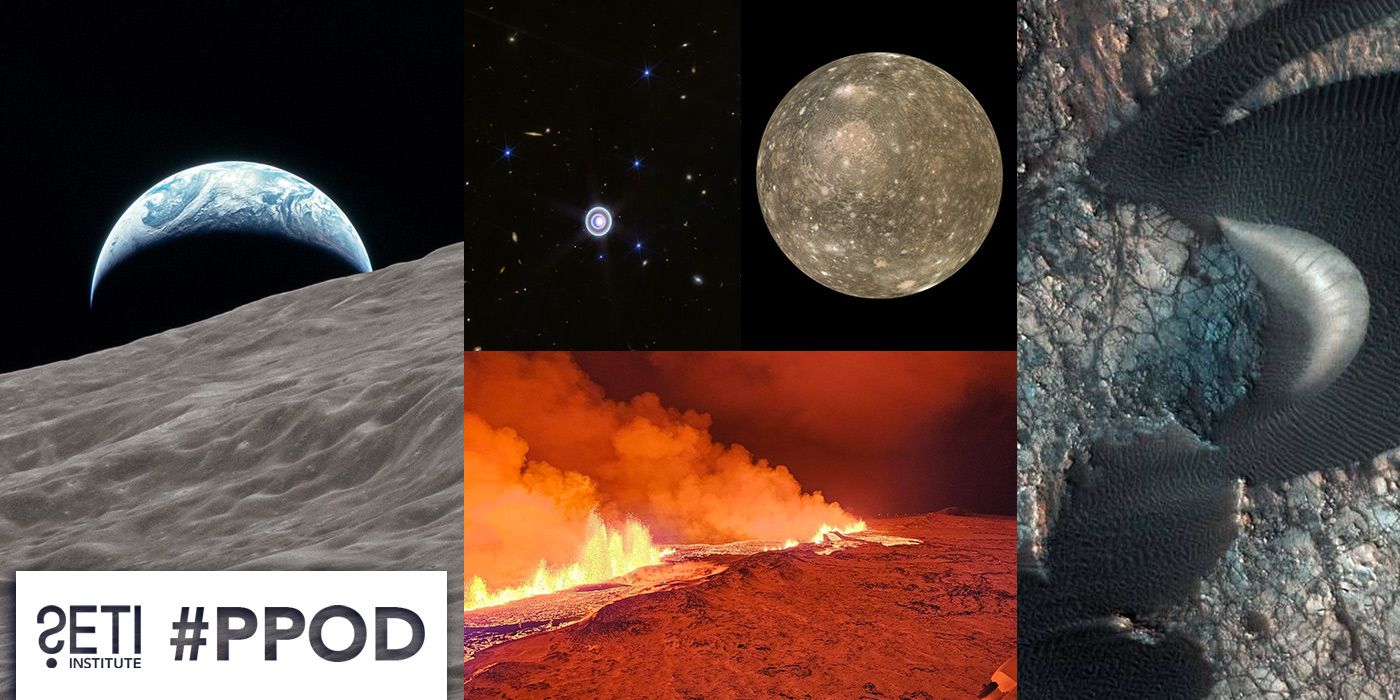
Planetary Picture of the Day
Week of December 18, 2023
A Martian dune field, an Icelandic eruption, and a stunning, brand new JWST image of Uranus.
Monday, December 18, 2023

Jupiter's Callisto
Callisto as seen by the Galileo spacecraft on November 5, 1997. Callisto is Jupiter’s second-largest moon and the third-largest moon in our solar system. It’s about the same size as Mercury. Data from NASA’s Galileo spacecraft in the 1990s revealed Callisto may have a secret: a salty ocean beneath its surface. That finding put the once seemingly dead moon on the list of worlds that could possibly harbor life.
The giant impact basin Valhalla is prominent just to the left of and a bit above the center of the disk.
Tuesday, December 19, 2023

Nili Patera Dune Field on Mars
The HiRISE camera onboard NASA's Mars Reconnaissance Orbiter captured this striking image of dunes on Mars. They have an elongated crescent form and are called “barchan dunes.” They are formed by the continuous action of the wind, blowing in the same direction, giving this particular shape.
The orientation of these dunes tells us that the prevailing wind blows from the right to the left (east to west). The wind is continuously moving sand grains up the longer dune slope, towards the top. The small ripples on the slope are caused by this movement. When the sand grains arrive at the top, they fall down the steeper and shorter slope, which as a consequence, has no ripples. It is this gradual sand movement that causes the dunes to slowly move over time.
Wednesday, December 20, 2023

Earth-Moon Wallpaper Wednesday
The Earth is seen beyond the limb of the Moon, taken from the Command Module of Apollo 17 on December 16, 1972. (From original NASA image # AS17-152-23274).
Thursday, December 21, 2023

Icelandic Eruption!
This is Iceland erupting! This image, taken from the air on 19 December, is nothing short of Hadean. The new eruption fissure is about four kilometers long, painting the frosted ground with the planet’s latest coat of magmatic paint.
Friday, December 22, 2023


New Uranus Image Dropped!
What better way to finish out the week than with this new image of Uranus taken by the JWST?
Taken with NIRCam (Near-Infrared Camera), the picture shows the planet and its rings in new clarity. The planet’s seasonal north polar cap gleams in a bright white, and Webb’s exquisite sensitivity resolves Uranus’ dim inner and outer rings, including the Zeta ring—the extremely faint and diffuse ring closest to the planet.
This Webb image also shows 14 of the planet’s 27 moons: Oberon, Titania, Umbriel, Juliet, Perdita, Rosalind, Puck, Belinda, Desdemona, Cressida, Ariel, Miranda, Bianca, and Portia. See the second image for annotations.


